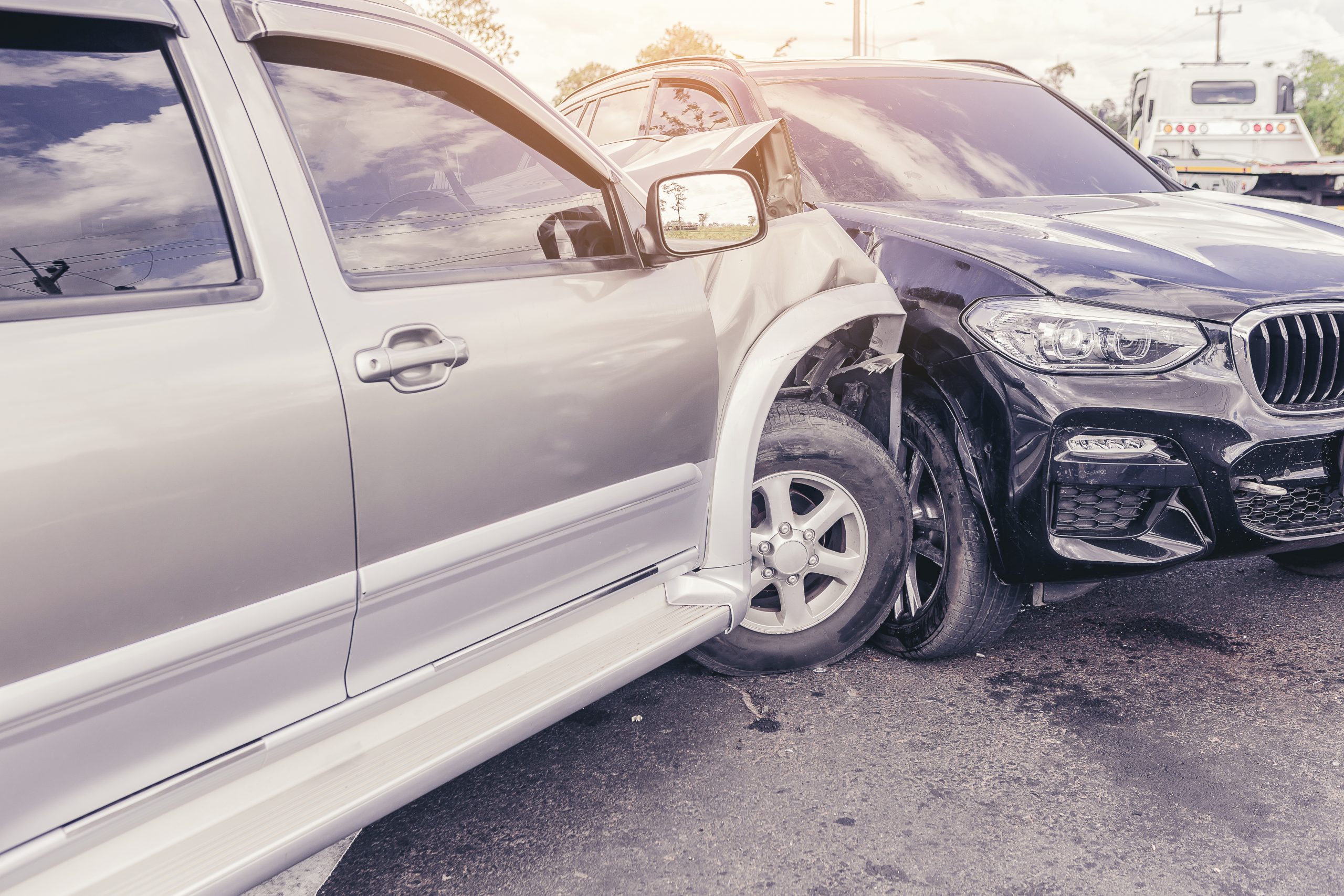- Free Initial Consultation: (954) 761-3641 Tap Here To Call Us
Mistakes When Dealing With an Insurer After a Fort Lauderdale Car Accident

Following a car accident it’s wise to be wary of insurers. No matter how friendly they seem or how much they insist they’re there to help, an agent’s loyalty is to their employer. Saving the insurer money is their primary goal, and they do it by figuring out ways to pay you less.
Protecting yourself involves not providing any details to which they are not entitled. It’s important that you appreciate you do have a contract and legal obligation to honor. You are required to inform the insurance company about the accident. That means providing the basic necessary information. Beyond that, your lips should stay sealed until you’ve talked to a personal injury attorney.
Note too that you don’t have this same obligation to the other drivers’ insurer. You benefit nothing from giving that insurer a statement or signing any paperwork they send you. All you need to do is get the insurance information from the other driver. You don’t need to provide them with information.more
It’s best to let your attorney communicate with all insurers on your behalf. This saves you from making statements that could damage your case. Some phrases to avoid:
- “The accident was my fault.” Never admit fault for an accident. You may be required to provide some facts, but don’t offer up your opinions or emotions about what happened. Keep in mind that whatever you say might be used against you. Furthermore, you may not be aware of every aspect of the situation. You know what happened from your perspective. You may assume you’re at fault when in fact you are not. Give only the facts to avoid reducing your odds of compensation.
- “I’m not injured.” You may “feel fine.” But some injuries might not be apparent right away. Some, like internal bleeding, traumatic brain injuries, whiplash, etc. can take longer to manifest. It might be several days or possibly even weeks for you to discover these injuries. If you make a statement before that indicating that you have no injuries, it may be tougher to get compensation for them later on.
- Making an official statement. Avoid doing this until you talk to your lawyer. You aren’t under any obligation to make a recorded statement to anyone, regardless of what the insurance company tells you. Even if you will eventually need to make an official statement, it can wait until you discuss it with your lawyer.
- “I think…” or “I guess…” If you aren’t sure the answer to a question, you can answer with a succinct, “I don’t know.” The insurer doesn’t need your opinions or estimations, and you’re likely only to hurt yourself by offering them. Some insurers may try to talk you into a corner or damage your credibility by pushing for answers to questions like distance between you and the other vehicle or the speed of the vehicles involved. If you don’t know the exact right answer to such a question, the correct answer is, “I don’t know.”
You should also avoid naming others involved or accepting a settlement before talking to your lawyer. It’s not your job to provide a witness list to the insurer. Your attorney can do it for you, if appropriate. Further, if the insurer makes a settlement offer, do not take it until it’s been reviewed by a lawyer. Once you accept an agreement, you are signing away your rights to future claims. That means even if it turns out you’re likely owed a more substantial sum, you probably won’t be able to do anything about it.
If you’re injured in a Fort Lauderdale car accident, our personal injury lawyers are available to answer your questions, gather evidence in your case and help you seek justice.
Call Fort Lauderdale Injury Attorney Richard Ansara at (954) 761-4011. Serving Broward, Miami-Dade and Palm Beach counties.
Additional Resources:
Traffic Accidents, Sun-Sentinel













